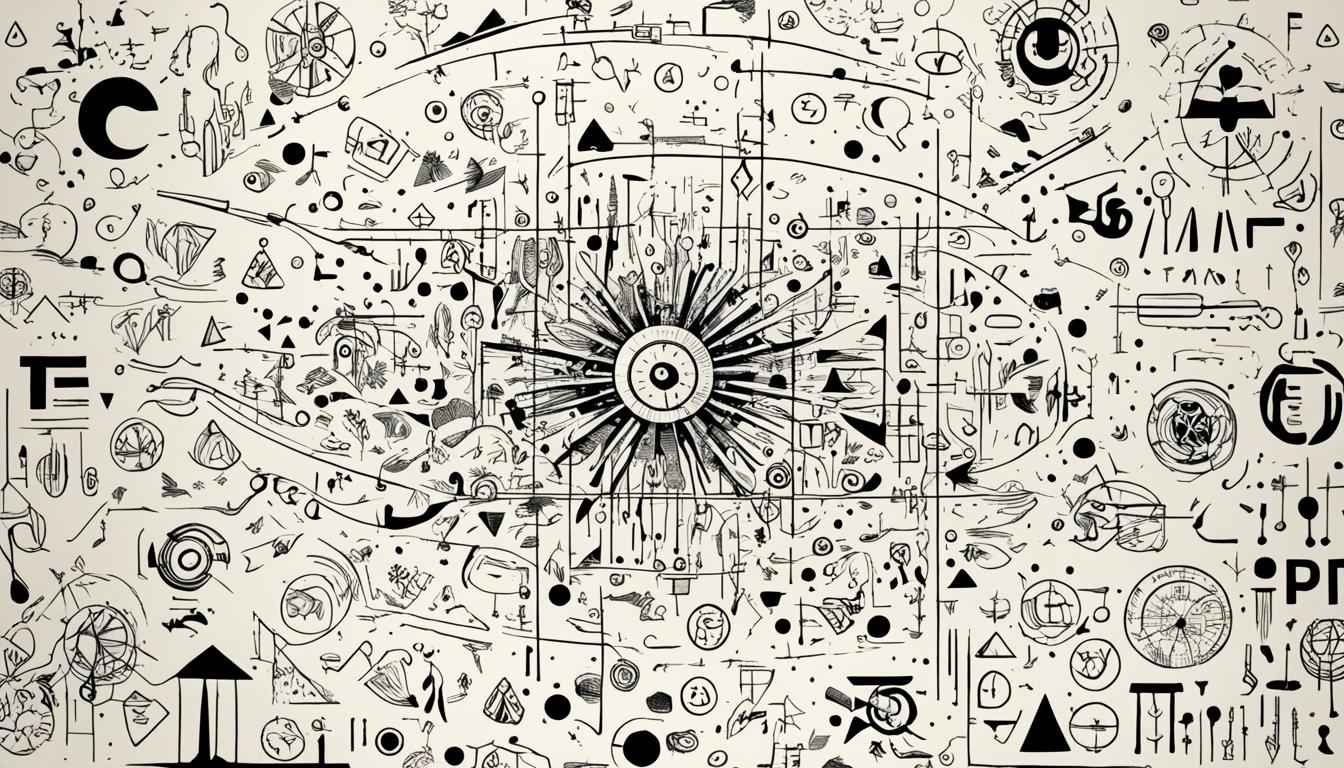The MMPI was created in the 1940s by psychologists aiming to develop a reliable, scientifically validated mental health assessment tool. Its focus was on ensuring psychometric accuracy and consistency across various conditions. Over time, it was updated to include cultural adaptations, making it relevant for diverse populations. Its ongoing development reflects a commitment to scientific integrity and inclusivity. If you explore further, you’ll discover how these advancements continue to shape its role in mental health assessment today.
Key Takeaways
- Developed in the 1940s by psychologists to create a standardized, reliable mental health assessment tool.
- Emphasized psychometric validity, ensuring accurate measurement of psychological traits and conditions.
- Originally based on North American samples, with items and norms later refined for diverse populations.
- Continuously updated to incorporate latest research, cultural insights, and validation processes.
- Recognized as a highly trusted instrument combining scientific rigor with cultural sensitivity in clinical psychology.

The Minnesota Multiphasic Personality Inventory (MMPI) has a rich history rooted in the early 1940s, when psychologists sought a reliable tool to assess mental health. At that time, many existing assessments lacked consistency, and there was a pressing need for a standardized measure that could accurately reflect different psychological conditions. Recognizing this gap, the developers prioritized psychometric validity, guaranteeing that the test would reliably measure what it intended to assess. Over the years, rigorous research and statistical analysis have strengthened the MMPI’s psychometric properties, making it one of the most trusted instruments in clinical psychology. This focus on validity has allowed mental health professionals to confidently interpret results, knowing they are based on sound scientific principles.
As the MMPI evolved, it also underwent significant cultural adaptations to improve its relevance across diverse populations. Originally developed using predominantly North American samples, the test’s items and norms were refined to better accommodate cultural differences. These adaptations are vital because they help maintain the test’s validity when applied to individuals from various backgrounds, reducing bias and misinterpretation. You’ll find that newer versions of the MMPI incorporate these cultural considerations, making the assessment more inclusive and accurate globally. For example, certain items that might have been culturally specific or misunderstood are now replaced or rephrased, and normative data are adjusted to reflect different demographic groups. This ongoing process of cultural adaptation ensures that the MMPI remains a valid and fair tool for a broad range of individuals.
Throughout its development, the MMPI’s creators emphasized the importance of psychometric validity, not only in initial design but also in continuous updates. These updates incorporate the latest research findings and cultural insights, keeping the test relevant in an ever-changing society. When you use the MMPI, you benefit from a tool that has been through extensive validation processes and has been thoughtfully adapted for cultural relevance. This combination of psychometric rigor and cultural sensitivity makes the MMPI a versatile and dependable instrument for psychological assessment. Its history reflects a commitment to scientific integrity and inclusivity, guaranteeing that mental health evaluations are both accurate and equitable. Additionally, ongoing research and psychometric validation ensure that the MMPI remains a cutting-edge tool for mental health professionals worldwide.
Frequently Asked Questions
How Has the MMPI Evolved Since Its Initial Development?
You might wonder how the MMPI has changed over time. It’s evolved markedly, enhancing test validity and incorporating cultural adaptations to better reflect diverse populations. New versions, like the MMPI-2 and MMPI-2-RF, offer refined scales and improved accuracy. These advancements guarantee the test remains relevant and reliable, revealing deeper insights into mental health. This ongoing development keeps the MMPI at the forefront of psychological assessment, constantly pushing boundaries.
What Are the Latest Updates to the MMPI?
The latest revisions to the MMPI include updates to improve accuracy and relevance, incorporating new clinical data and modern diagnostic standards. You’ll find digital adaptations that enhance ease of administration and scoring, making it more accessible and efficient. These updates guarantee you get more precise results, reflecting current psychological understanding. The digital format also allows for seamless integration with electronic health records, streamlining your assessment process and improving overall diagnostic reliability.
How Does the MMPI Compare to Other Psychological Assessments?
Think of the MMPI as a finely tuned instrument, standing out with its rigorous standardization differences and detailed scoring methodologies. Unlike other assessments that may focus on narrower traits, the MMPI offers a thorough psychological profile. Its standardized approach guarantees consistency, making it a trusted compass in steering mental health landscapes. When compared, it often provides richer, more nuanced insights, making it a go-to tool for clinicians seeking depth and accuracy.
What Are Common Misconceptions About the MMPI?
You might think the MMPI is perfect, but common misconceptions include believing it has flawless test reliability and is free from cultural biases. In reality, while it’s highly reliable, it can be influenced by cultural differences, which may affect results. It’s essential to recognize that the MMPI isn’t a definitive diagnosis but a tool that requires careful interpretation within the context of individual backgrounds.
How Is the MMPI Used in Modern Clinical Settings?
The MMPI is a crucial tool in modern clinical settings, acting like a detailed map guiding your diagnosis. You use it for clinical assessment, helping identify mental health issues with precision. Its strength lies in assessment accuracy, providing reliable insights into a patient’s psychological state. Clinicians interpret the results to tailor effective treatment plans, making the MMPI a cornerstone in mental health evaluations today.
Conclusion
So, after all this history, it seems the MMPI’s journey from paper-and-pencil to psychological staple is quite the achievement—if you trust decades of evolving questions to truly capture your complex mind. But beware: beneath its clinical veneer, it’s just another tool trying to box in your quirks and contradictions. So next time you’re asked to check a box, remember, maybe your true self is too bizarre for any standardized test to understand.









